Tag Archives: als
Google wants you to train its AI by lip syncing ‘Dance Monkey’ by Tones and I
YouTube’s series on AI with Robert Downey Jr. is finally available
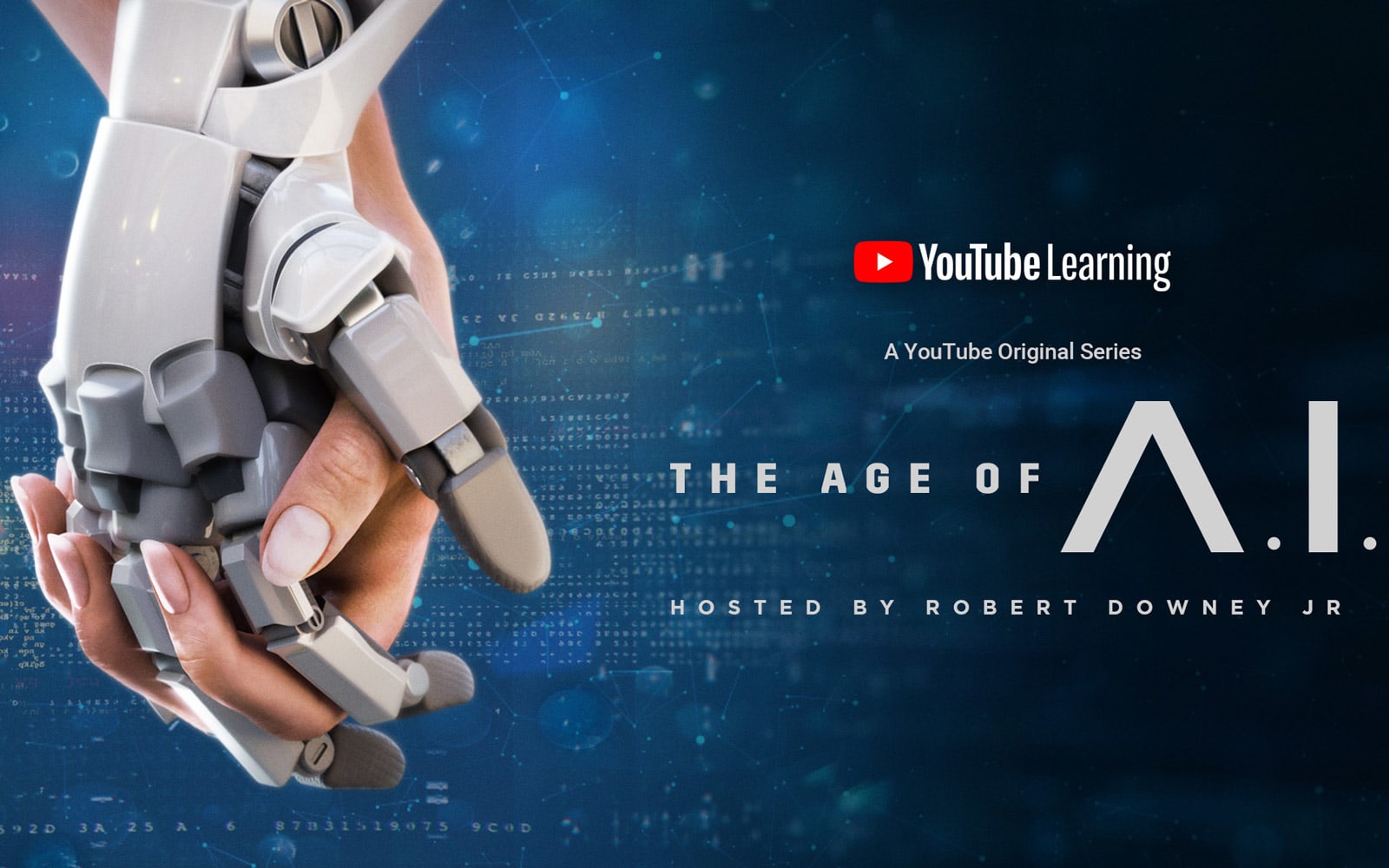 If you've ever had a question about artificial intelligence or how it works, YouTube's latest Originals series, The Age of A.I., tries to answer those questions. The new eight-part show, which is available to watch today after a lengthy wait, feature...
If you've ever had a question about artificial intelligence or how it works, YouTube's latest Originals series, The Age of A.I., tries to answer those questions. The new eight-part show, which is available to watch today after a lengthy wait, feature...
Quips is an AI to help ALS patients speak with their own voice
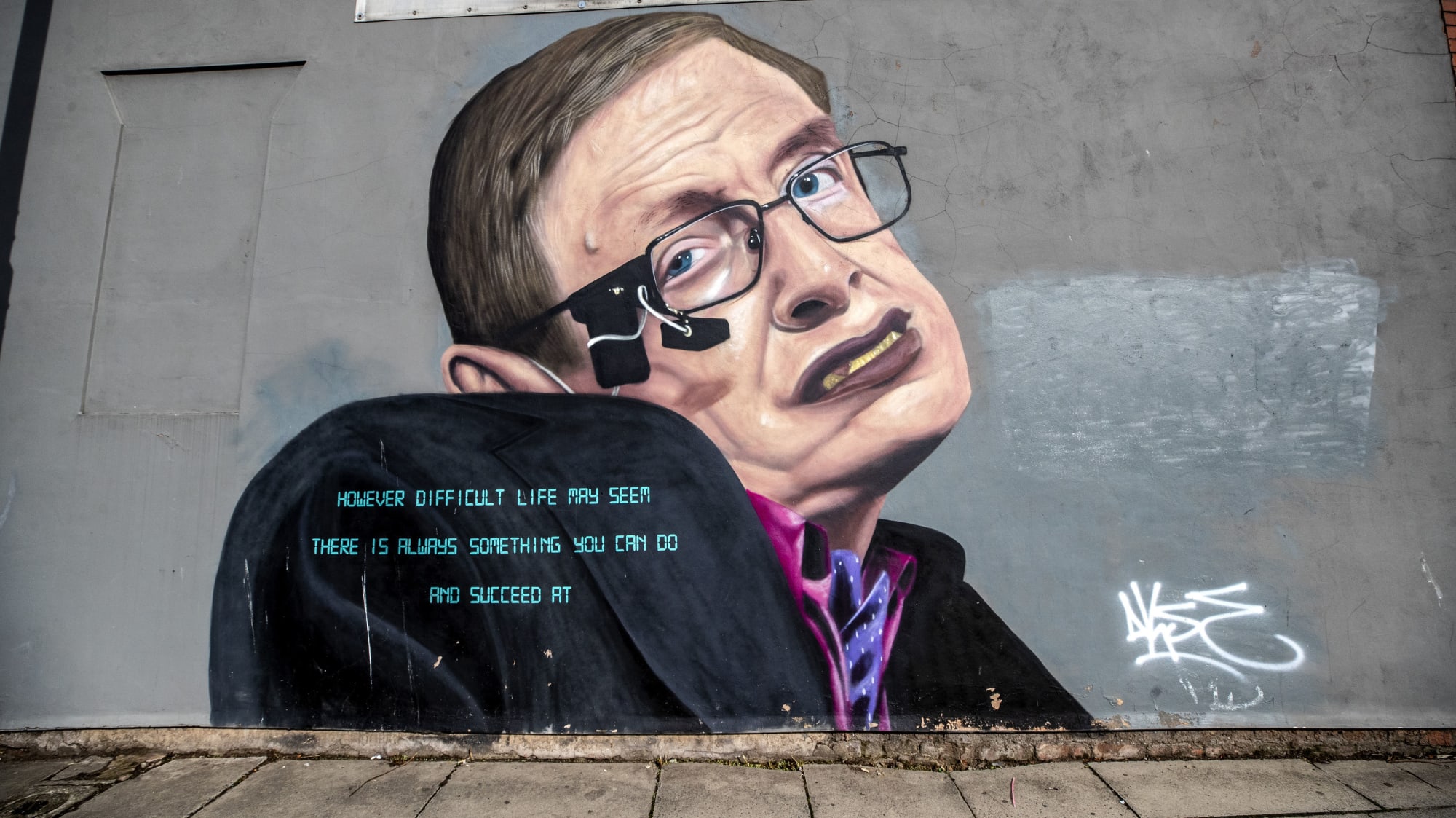 One of the most devastating outcomes of motor neuron disease (MND), more commonly known as ALS or Lou Gehrig's disease in the US, is that it eventually takes away the ability of those who have it to speak. But like it promises to do in a lot of other...
One of the most devastating outcomes of motor neuron disease (MND), more commonly known as ALS or Lou Gehrig's disease in the US, is that it eventually takes away the ability of those who have it to speak. But like it promises to do in a lot of other...
Google trains its AI to accommodate speech impairments
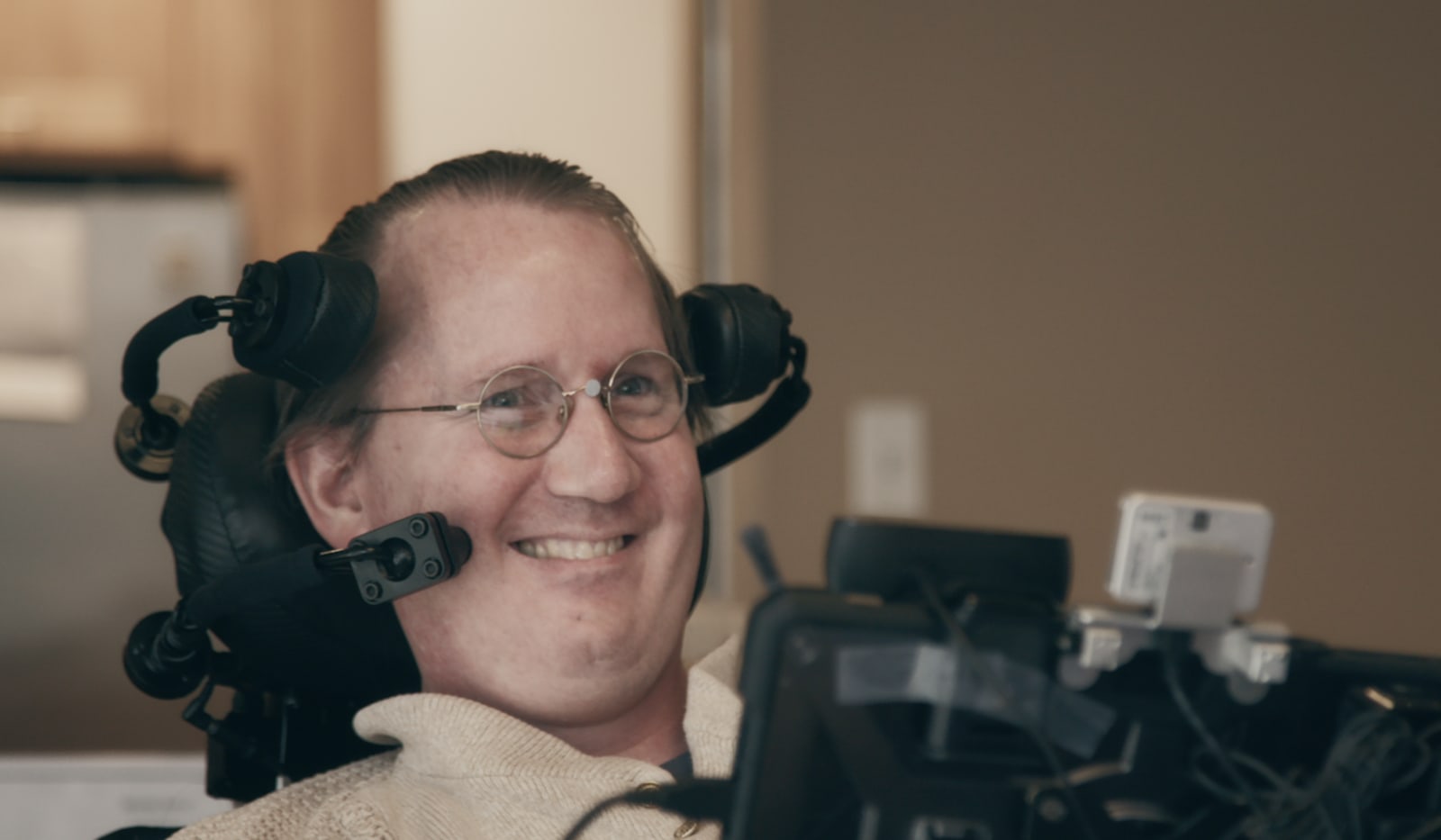 For most users, voice assistants are helpful tools. But for the millions of people with speech impairments caused by neurological conditions, voice assistants can be yet another frustrating challenge. Google wants to change that. At its I/O developer...
For most users, voice assistants are helpful tools. But for the millions of people with speech impairments caused by neurological conditions, voice assistants can be yet another frustrating challenge. Google wants to change that. At its I/O developer...
Gene editing technique could treat ALS and Huntington’s disease
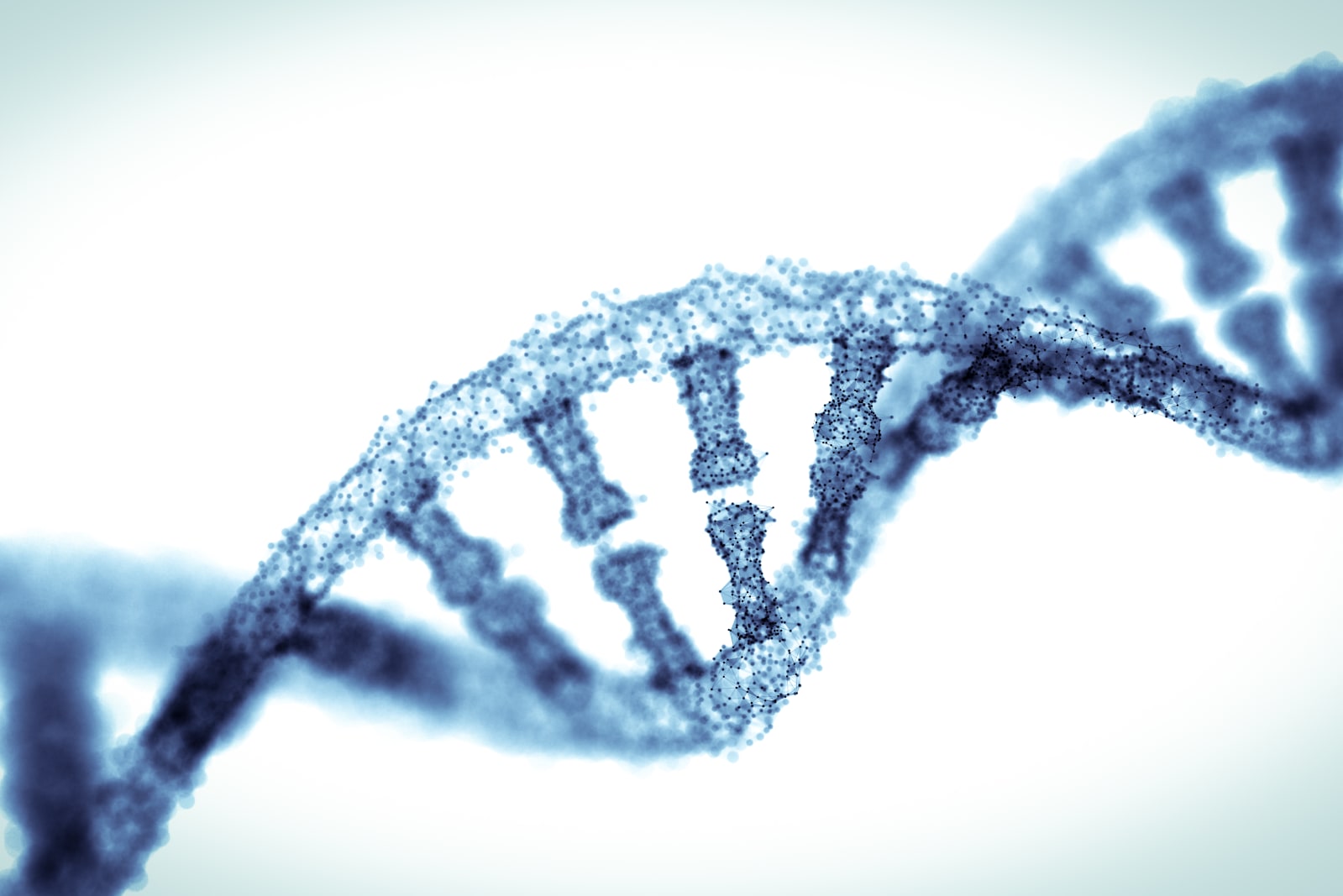 The most common gene editing technique, CRISPR-Cas9, only modifies DNA. That's helpful in most cases, but it means that you can't use it to tackle RNA-based diseases. Thankfully, that might not be a problem for much longer. After plenty of talk ab...
The most common gene editing technique, CRISPR-Cas9, only modifies DNA. That's helpful in most cases, but it means that you can't use it to tackle RNA-based diseases. Thankfully, that might not be a problem for much longer. After plenty of talk ab...
Gene editing technique could treat ALS and Huntington’s disease
 The most common gene editing technique, CRISPR-Cas9, only modifies DNA. That's helpful in most cases, but it means that you can't use it to tackle RNA-based diseases. Thankfully, that might not be a problem for much longer. After plenty of talk ab...
The most common gene editing technique, CRISPR-Cas9, only modifies DNA. That's helpful in most cases, but it means that you can't use it to tackle RNA-based diseases. Thankfully, that might not be a problem for much longer. After plenty of talk ab...
Windows 10 will soon include built-in eye tracking
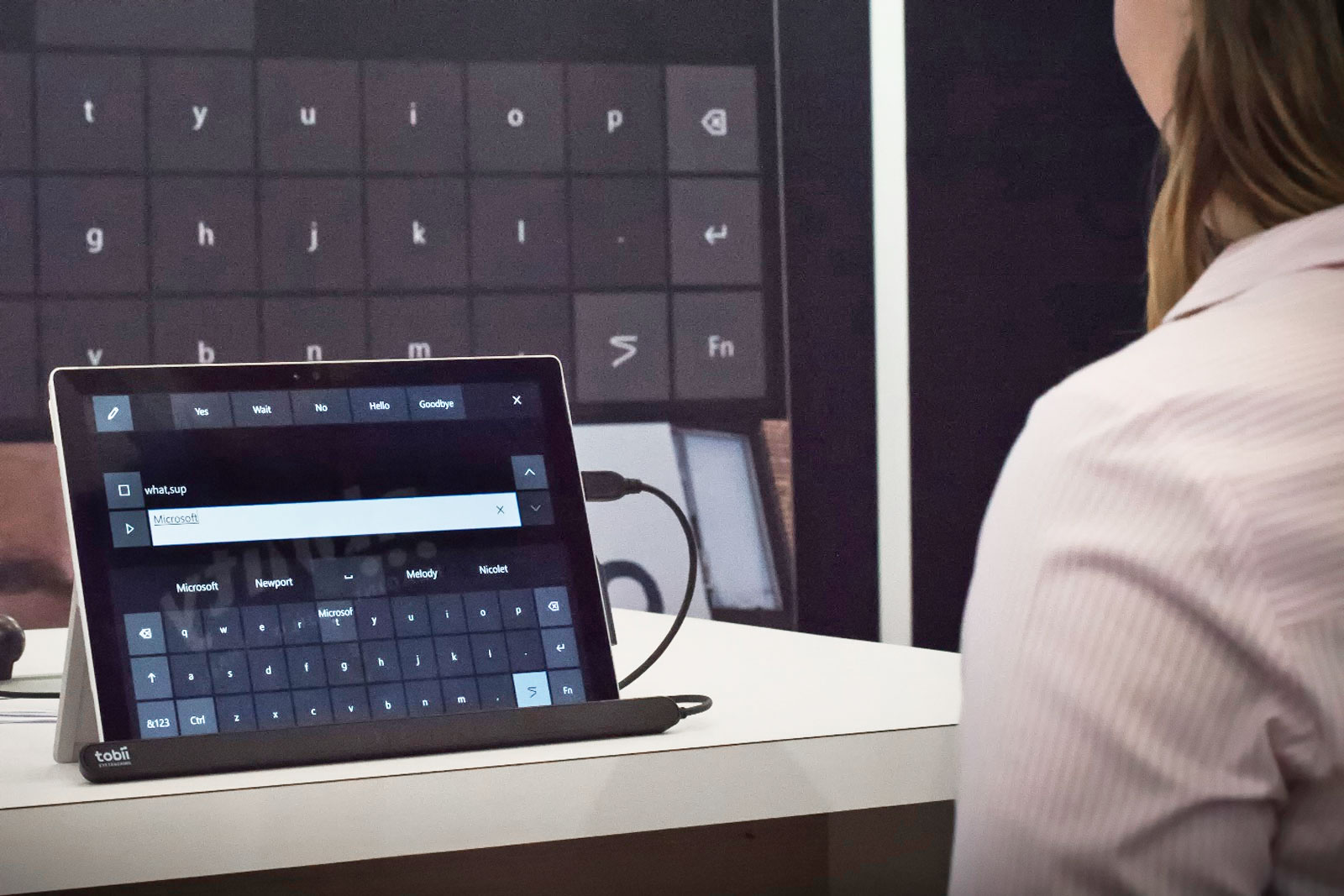 It's not easy to use a PC if you have ALS or another neuromuscular disease that prevents you from using your hands. You can use eye tracking, but that could easily entail specialized software and an imperfect experience. Microsoft thinks it can do be...
It's not easy to use a PC if you have ALS or another neuromuscular disease that prevents you from using your hands. You can use eye tracking, but that could easily entail specialized software and an imperfect experience. Microsoft thinks it can do be...
Microsoft App GazeSpeak Enables Eye Communication for People with ALS
New brain-computer interface breaks through locked-in syndrome
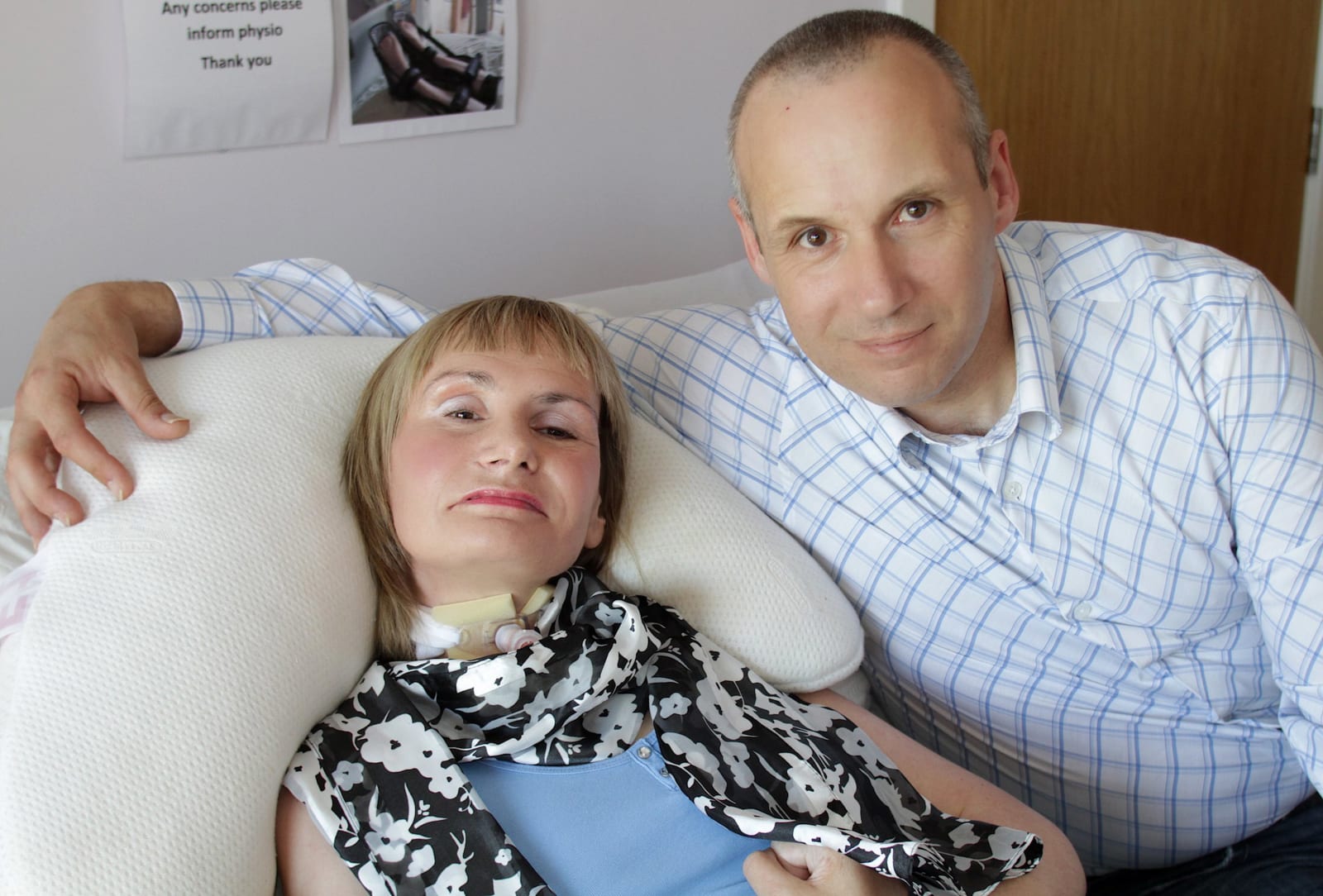 Researchers have been using brain-computer interfaces to interact with patients suffering from locked-in syndrome for a few years now. But a new system from the Wyss Center for Bio and Neuroengineering in Switzerland may finally allow even the most i...
Researchers have been using brain-computer interfaces to interact with patients suffering from locked-in syndrome for a few years now. But a new system from the Wyss Center for Bio and Neuroengineering in Switzerland may finally allow even the most i...
